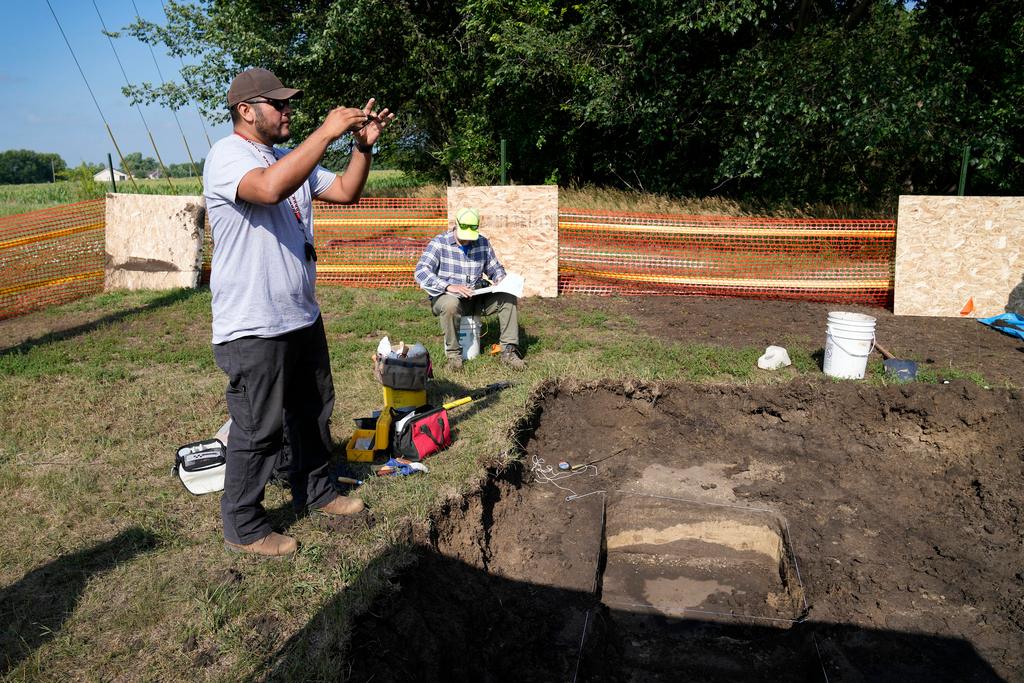
A 57-page draft plan for what Colorado’s new Department of Early Childhood should focus on boils down to making the system vastly simpler, more efficient, fairer and more transparent.
The draft plan was released today. It aims to serve the approximately 320,000 children under age 5 in Colorado.
“It’s big and now it begins to have form that we can really talk about and discuss and make the best decisions,” said Susan Steele, a co-chair of Colorado’s Early Childhood Leadership Commission, tasked with approving a plan to transition to the new agency.
This week, Steele presented a first look at the draft plan to dozens of providers, early education officials and others who have been working at breakneck speed to get the recommendations ready by a November 1 deadline.
Colorado has had an Office of Early Childhood for eight years, but a new state law calls for creation of a new state agency to oversee ECE programs, including the development and implementation of a voter-approved universal preschool program. That program, which launches in the 2023-2024 school year, will provide at least 10 hours a week of preschool for every family of a 4-year-old who wants it. Right now, just a fraction of the state’s young children attend Pre-K.
The transition team’s recommendations are just that – recommendations based on input from hundreds of stakeholders. More vetting of the plan is coming up next week. Families, providers and others who are interested are invited to attend one of several listening sessions across Colorado to give feedback. Comments on the report can be submitted online. The new department will begin its work in July 2022.
The recommendations focus on what the new department should do to revise and streamline systems, regulations, funding and programs under one roof. It lays out recommendations for the new department’s mission and governance, and for reducing administrative burden such as having one, simple application for the universal preschool program.
“This would create a streamlined experience for families and providers,” said Pamela Harris, another co-chair of the commission.
In recent listening sessions with parents and child care providers on their experiences navigating the child care system, the most negative comments were directed towards the childcare subsidy system and challenging regulatory requirements.
Jess Ervin-Adkins, a parent advisor who assisted Gary Community Ventures in soliciting parent feedback, said parents also reported facing bias and stigma when applying for child care assistance. Other challenges included helping parents understand eligibility and income restrictions.
“We had a mom ask if her tax refund would be used against her to count as income and that she was scared to bring it up because she didn’t want to lose eligibility by asking a question,” she said. “There is fear in navigating funding.”
She said parents fear they could lose their subsidies very quickly if their wage increases a few dollars a month. Those parents still often can’t afford paying the full rate for child care.
“Families are truly seeking clarity,” Ervin-Adkins said.
A key goal in the recommendations is creating a department that is more flexible and faster in making rules for how the system operates, and one that pays more attention to families, individual child care providers, and early childhood educators. The new department will oversee myriad grants and programs, and attempt to “blend and braid” and untangle a complex web of state and federal grant programs.
One immediate task for a new department will be building more pathways into the ECE workforce, which has a chronic shortage of educators partly because their wages are so low.
“And so how do we develop and elevate innovative compensation strategies,” Harris said. Child care educators at listening sessions expressed a desire for more professional development and coaching, along with higher wages.
The transition working group must also submit recommendations by January 1 on the implementation of the new statewide preschool program.
“We still need to tackle that big piece,” state Education Commissioner Katy Anthes told about 75 people on a Zoom call Thursday. “We know you all need to eat your Wheaties, and I need to eat my Wheaties to keep plugging away on this timeline, but we know we can do it.”









